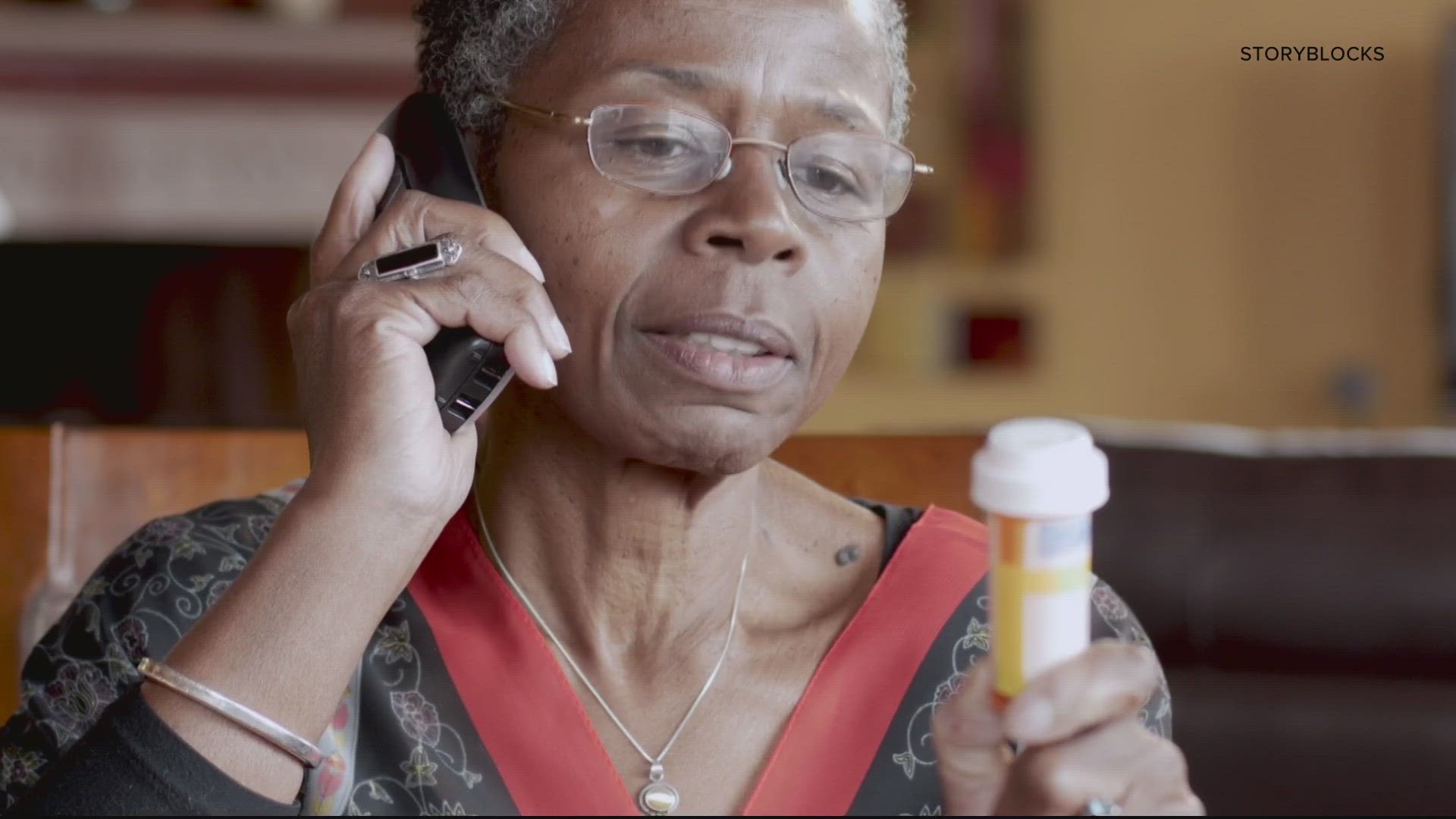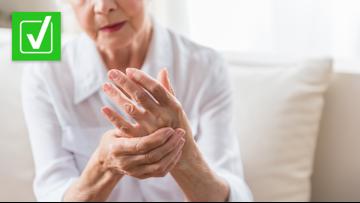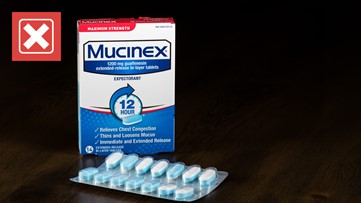WASHINGTON — Lots of changes are coming when the COVID-19 public health emergency ends on Thursday. But many people said there was one they wanted to keep.
THE QUESTION
Can someone continue to use telemedicine to get a prescription ordered after the expiration of the COVID-19 public health emergency?
THE SOURCES
THE ANSWER
Yes, patients who have only used telemedicine to get prescription medicine from their provider can continue to do so.
WHAT WE FOUND
After a public health emergency was declared in March 2020 because of the burgeoning coronavirus pandemic, many rules were relaxed to benefit people and businesses harmed by the virus and related precautions. One of those changes allowed people to use virtual medical visits to ask for prescription medicine.
When the Biden Administration announced that the public health emergency would end May 11, that rule was among many scheduled to return to its pre-pandemic version.
On May 1, the DEA and SAMHSA requested public comment on a proposed rule to extend the ability for patients who have never visited their practitioner in-person to use telemedicine to get prescriptions ordered.
More than 38,000 people submitted comments, which the DEA claims is more than it had ever received about a proposed rule.
The rule covers controlled substances, which are drugs that are closely monitored because on their medical use and their potential for abuse or dependency. Drugs are placed in different schedules based on their associated level of risk.
Among the medicines allowed under the DEA rule are cough medicines, stimulants used in the treatment of ADD and related disorders, sedatives, and treatments for opioid abuse.
The DEA believes the extension gives patients and doctors appropriate time to prepare for a potential return to in-person appointments, and makes sure people have access to crucial drugs. The extension also gives the government time to assess the impact of the rule independent of other pandemic-era policies.
According to the extension, anyone whose patient-provider relationship is virtual-only and has been established by November 11, 2023 will be allowed to continue using telemedicine to get prescriptions through November 11, 2024.












